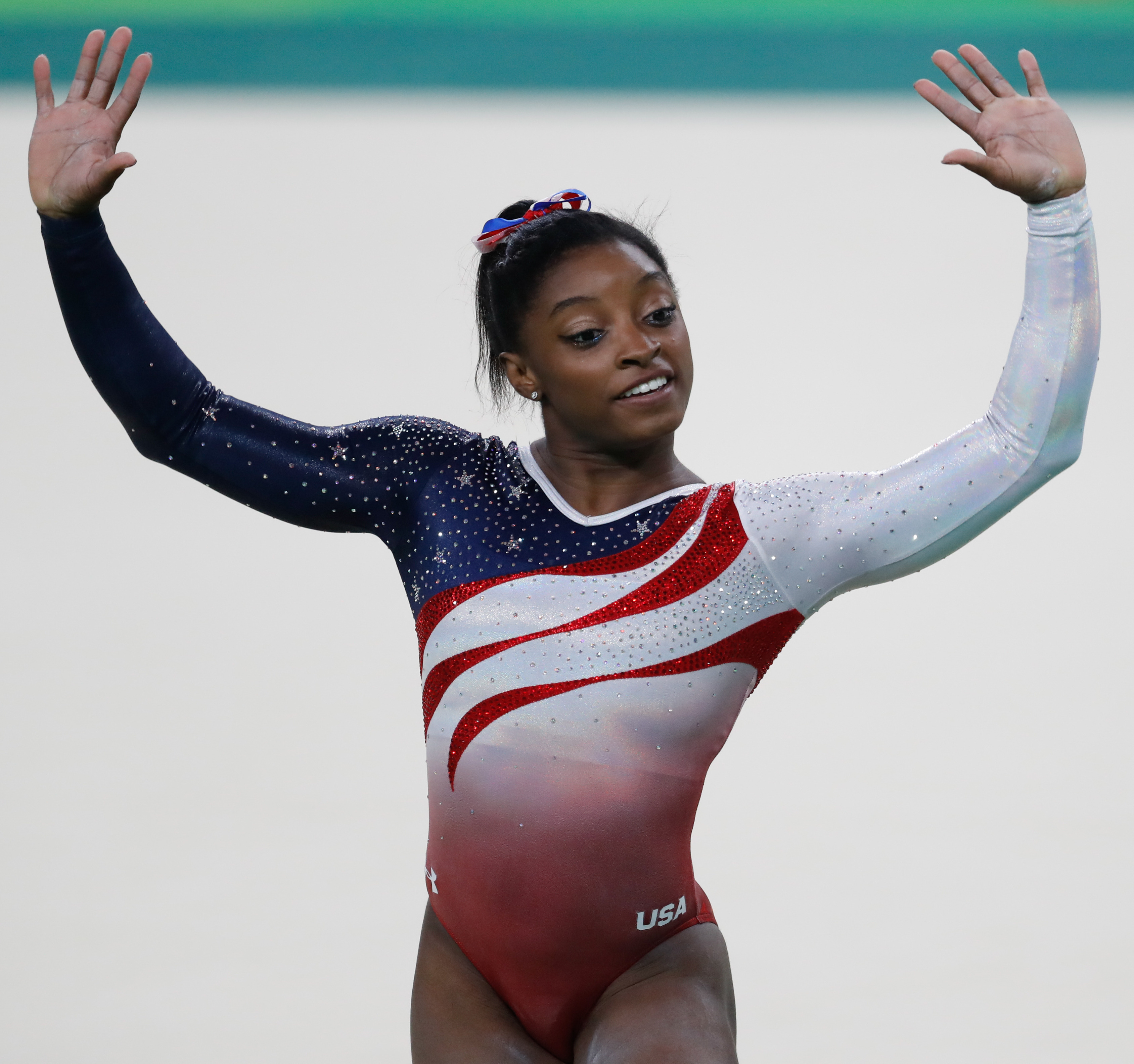
The Olympics is a constant exercise in irony and hopefulness for African Americans. Since John Taylor won a gold medal at the 1908 Olympics in London, in the no longer contested medley relay, African Americans have hoped that winning gold for the United States would transform America’s dialogue on race. The hope was it could transform the discourse to see African American Olympians, as all Olympians, as exceptional; and, rather than exceptions to their race, as examples of their race and the families that supported and nurtured their excellence.
This Olympics took place amidst the Black Lives Matter movement. Not too different than the mood of the nation in 1968 at the Mexico City Olympics. Famously, Tommy Smith and John Carlos who won the gold and bronze for the U.S. in the 200 meters, staged a protest following the assassination of Dr. Martin Luther King Jr. earlier that year and a summer of protests throughout U.S. cities over whether black lives mattered.
This time, there were no protests from African American athletes. Very noticeably, African American women rose on many fronts to give national television audiences another chance to think about how black lives matter. Simone Biles and Gabby Douglas awed in gymnastics; Ashleigh Johnson safeguarded goal for the gold medal-winning U.S. women’s water polo team; Simone Manuel set an Olympic record for the women’s 100-meter freestyle in becoming the first African American woman to earn an individual gold medal in swimming en route to winning two gold and two silver medals; Allyson Felix, in winning two gold and a silver medal became the winningest female track and field performer in Olympic history; Briana Rollins, Nia Ali and Kristi Castlin swept the medals in the women’s 100 meter hurdles to deliver to the U.S. the first sweep of the event in Olympic history; Dalilah Muhammad delivered the first gold in the 400-meter hurdles for U.S. women at the Olympics; Tianna Bartoletta and Brittney Reese took gold and silver in the women’s long jump; Michelle Carter took the gold in the shot put; and U.S. women took the 4 x 100 meter and 4 x 400 meter relays highlighting the skill and team work of African American women. Ibtihaj Muhammad gave a different view of Muslims in America by helping the U.S. women win a bronze in the team sabre fencing event. And Claressa Shields showed she could fight her way out of the dysfunction we have allowed in Flint, Michigan, to become the only American to win two gold medals in boxing in Olympic history. African American women either won individually or participated on a team victory, accounting for 15 gold medals for the U.S. Not including the U.S., only four countries (with combined totals for men and women) won more gold medals.
Despite the incredible feats of dedication, strength, courage and endurance by these African American women, somehow they all become exceptions we can ignore, so instead we can discuss the failures of welfare reform and the inability of African American women to have a sense of personal responsibility. We can ignore all those champions, and the reports showing how African American women are now the leading gender-racial group pursuing higher education in America, and instead continue the onslaught of two-to-one negative to positive stories depicting African American women. And, we can have endless excuses why it took until Aug. 23, 2016, for African American women working in 2015 to finally earn what white men earned through Dec. 31, 2015. Like excusing how the median earnings for African American women with baccalaureate degrees is more than $7,000 less than the median earnings of a white male with an associate degree.
The frustration in the African American community is how this is a very old story. Unfortunately, the 1936 Olympic games in Berlin is always told as the Jesse Owens story. The recent movie on Owens made him the spotlight. But, the 1936 Olympics was a very different story than Jesse Owens versus the Nazi propaganda machine. Two of the gold medals Owens won, in the 100- and 200-meter sprints would have been won by an African American anyway, since the silver medalists in both events were African Americans. The same racial embarrassment for Adolf Hitler and his legion of goons would not have gone away.
Owens outran fellow African American Ralph Metcalfe by 0.1 seconds to win the gold in the 100-meter race. In the 200-meter race, Owens ran 0.4 seconds faster than fellow African American Mack Robinson to win gold. Fellow African Americans Archie Williams and James LuValle took gold and bronze in the 400-meter race. And African American John Woodruff took gold in the 800-meter race. In the 110 hurdles, African American Fritz Pollard Jr. took the bronze, in a race won by a fellow American Forrest Towns. It wasn’t just Jesse Owens, eight African Americans medaled in track and field in Berlin, winning gold in every race from 800 meters down, except the hurdles.
But when they returned home, they still rode the back of the bus. They couldn’t buy a house in most neighborhoods. They were fortunate they grew up outside the South and attended integrated high schools. It would take 18 years before the Supreme Court would rule segregated schools unconstitutional. When World War II called, they would fight in segregated units. Williams, a trained pilot, would help train other pilots at Tuskegee’s Moton Field for the famed airmen. While Pollard’s dad had been one of the first black players in the NFL and helped coach the Akron Pros, the first black coach in NFL history, he was banned from the league along with African American players in 1926. The NFL would not fully return to integration until 1946 when the Los Angeles Rams hired former UCLA standout Kenny Washington. That would be the same year that Mack Robinson’s younger brother, and Washington’s UCLA backfield teammate, Jackie would play for the Brooklyn Dodgers breaking baseball's color barrier.

